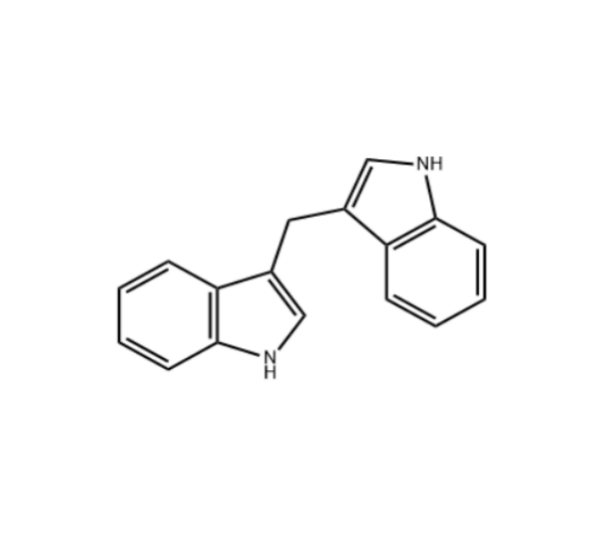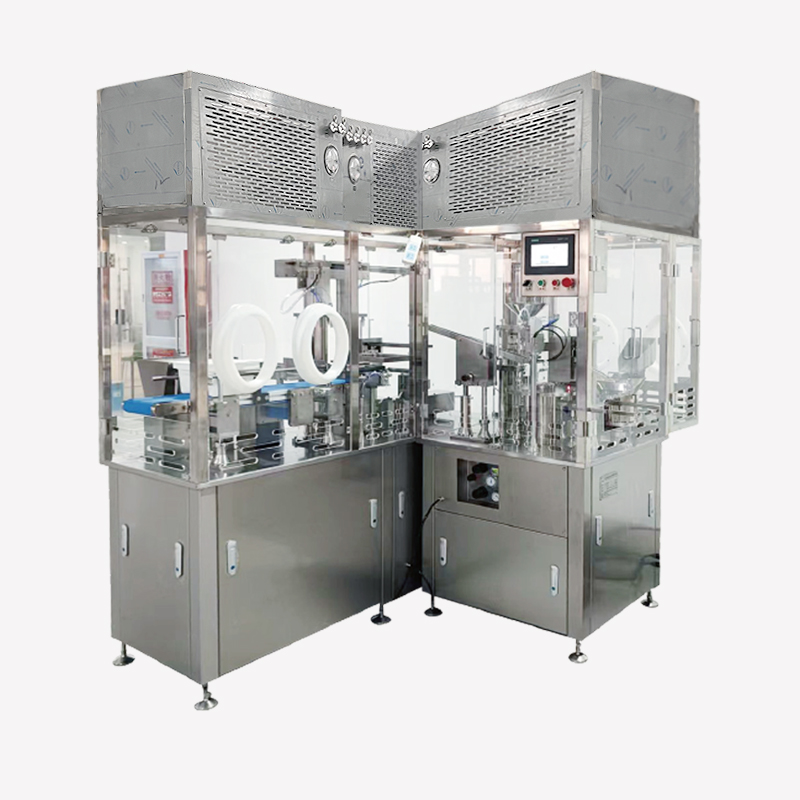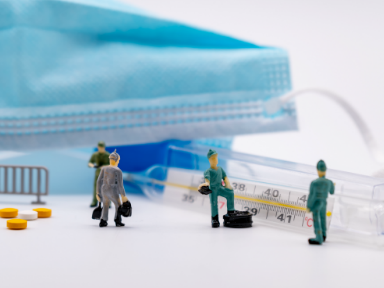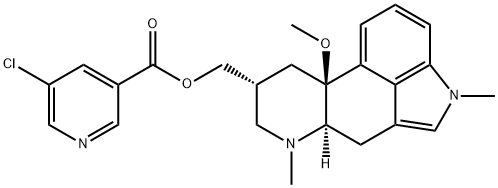Health secretary Matt Hancock announced the new plan at the World Economic Forum in Davos, in order to raise awareness among global leaders about the scale of the problem.
Over the last few decades, development of new antibiotics has almost ground to a halt as big pharma does not think it is worth the low return on investment.
An independent review of AMR by economist Jim O’Neill and commissioned by former prime minister David Cameron and published in summer 2016, has already blamed the dearth of new antibiotics on a "market failure" that does not sufficiently reward R&D.
At the same time, more and more bacterial strains resistant to older drugs are emerging, which could kill 10 million people every year by 2050, according to estimates in the report.
The new five-year action plan for 2019-2024 builds on a five-year document covering the last five years, and was accompanied by a 20-year vision on how to tackle AMR.
Proposals in the document include de-linking payments made to companies from the volumes of the medicines sold, to basing payment on a NICE-led assessment of their value – but the document gave no further details about how the scheme will work.
This will be backed by improved stewardship to minimise the chances of resistant strains emerging.
The five-year document also sets out a series of targets to ensure progress towards the 20-year vision – these include halving health associated Gram-negative blood stream infections, reducing antimicrobial use by 15% by 2024.
The plan also targets being able to report on the percentage of prescriptions supported by a diagnostic test or decision support tool by 2024.
Mike Thompson, chief executive of the Association of the British Pharmaceutical Industry (ABPI), said: "We have been working closely with the government for the last two years and pharmaceutical companies are ready and waiting to start testing a new model to support antibiotics R&D in 2019.
"The UK has shown international leadership in raising the profile of this global health threat and today reinforces its commitment to finding solutions to the issues which have hampered the development of new medicines for so long."
Dr Peter Jackson, executive director of The AMR Centre, the public-private body that funds and co-ordinates research into new antibiotics and diagnostics, and is involved in projects with three pharma companies in the UK, Sweden and the US, said: "Today’s announcement by the UK government on the launch of a trial to evaluate a new way for the National Health Service (NHS) to pay for antibiotics is the critical step that the world has been waiting for, and is very welcome for AMR researchers."
Steve Bates, chief executive of the BioIndustry Association, representing UK biotechs, said: "Since the UK market is only 3% of the global drugs market and AMR drugs are developed for a global market, the biggest value of this UK move will be its continued political leadership to inspire other countries to develop reimbursement mechanisms for drug developers in AMR suitable for their own health systems."
Dr Chris Doherty, managing director of Alderley Park in Cheshire, the UK’s largest single site bio campus, which features a number of businesses working on new antibiotics and diagnostics, said: "It’s very welcome news that the market failure in antibiotic drug development is being addressed by the new government strategy. AMR is a complex challenge but science can only seek to solve it if the funding mechanism for this unique problem is overhauled. The consequences of failure to do so would affect us all."
Register as Visitor to CPhI China 2019!

-----------------------------------------------------------------------
Editor's Note:
To apply for becoming a contributor of En-CPhI.cn,
welcome to send your CV and sample works to us,
Email: Julia.Zhang@ubmsinoexpo.com.





 ALL
ALL Pharma in China
Pharma in China Pharma Experts
Pharma Experts Market News
Market News Products Guide
Products Guide Brand Story
Brand Story


































 Pharma Sources Insight January 2025
Pharma Sources Insight January 2025








